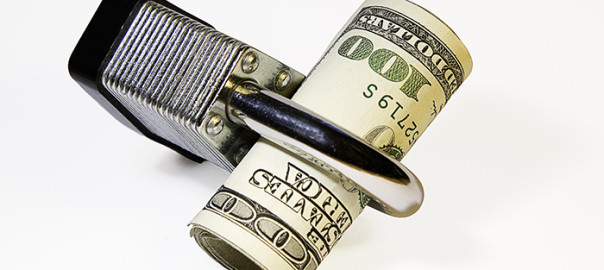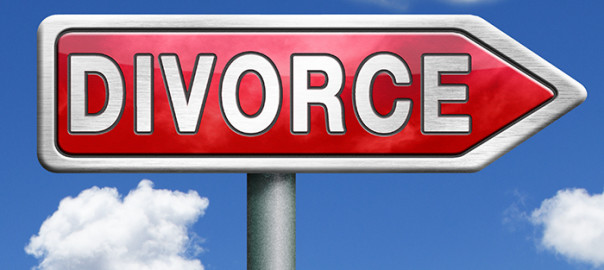hilosopher Paul Tillich once wrote, “Loneliness expresses the pain of being alone and solitude expresses the glory of being alone.” Whether you lose your spouse or partner due to divorce, death or a breakup, suddenly finding yourself alone over the age of 40 can be disconcerting, upsetting and painful. Like many who end up alone after being coupled for years, your first instinct may be to rush out and find someone new. While there’s nothing wrong with doing that, you should consider staying single and alone for a while. As noted by Tillich, there’s a distinction between loneliness and solitude. By embracing the latter, you can get more in touch with yourself and grow as a person.
Loneliness versus Solitude
If you’re alone and feeling lonely, it means that you’re lamenting the fact that you don’t have anyone with you. That’s a perfectly normal and human way to feel, but it can be overcome. Being okay with being alone means enjoying your solitude and making the most of it. Sure, we all want someone to share our lives with, but most of us experience periods of solitude at various points in our lives.
Loss, Fear and Despair
When a relationship ends, the feelings of loss can be profound. That’s true whether your partner left or passed away or if you left. Even when a breakup is absolutely necessary, it’s not a fun thing to experience. Unfortunately, it’s easy to conflate those initial feelings of fear and despair with loneliness. In other words, you may confuse your feelings of mourning the lost relationship with being unhappy with solitude. When you really sit down and think about it, though, you’re mostly alone even when you are partnered.
As uncomfortable as feelings of despair and fear can be, pushing them aside is a mistake. Instead, be kind to yourself while allowing yourself to really feel those emotions. This gives you a chance to work through those emotions so that they don’t spring back up at awkward times. For instance, without allowing yourself plenty of time to grieve and reflect, those feelings could pop back up just when you’re trying to establish a relationship with someone new. Your new relationship could be over before it begins. That’s not fair to your new partner, and it’s not fair to you, either.
How does one go about embracing feelings of fear, despair and loneliness? Wallowing in those feelings isn’t the way to go. However, thinking them through and reflecting on how they are affecting you are steps in the right direction. This can be accomplished simply by sitting quietly and thinking. However, many people prefer to unburden themselves to friends, relatives and other loved ones. Depending on the severity of those feelings, you may even want to meet with a therapist to work through those emotions. Another great option is to pour it all out into a journal. Whether you write it with pen and paper or on a computer, the processing of putting those thoughts into words can be extremely cathartic.
You’re Alone: Now What?
After the initial – and very understandable – stage of going through feelings of grief and loss, you may feel ready to get back out there and start dating. What’s the rush, though? By embracing your solitude, you can focus on yourself for a while. You will still have more healing to do, and you’re going to want to be in the best shape possible for whomever you start sharing your life with next. Instead of looking at your new solitude as a bad thing, try looking at it as an opportunity to grow.
Move Onward and Upward
A great way to embrace loneliness and regain strength is by working on yourself. This doesn’t mean that you have to do anything drastic. It could be something as simple as adding an hour of exercise to your day or getting a new haircut. If you have issues that have been pushed aside in the past, including debt, excess weight or much-needed home repairs, now is the time to tackle them. When you take care of business, your confidence and happiness will soar. Confident, happy men are much more appealing than miserable men.
Learn to Like Your Own Company
Sometimes, people are uncomfortable with being alone because, on a deep, subconscious level, they aren’t happy with themselves. Perhaps you just can’t sit still and be alone. Just because it’s never come naturally to you doesn’t mean that you can’t learn to enjoy it. Like anything else, practice makes perfect. Your old routine, which included a lot of time and space for your partner, is out the window. It’s time to put a new one into effect. By staying alone for a while, you’ll give yourself the chance to adopt a new routine, and this will make it easier to ultimately enjoy solitude.
You know that old cliché about how you have to love yourself before you can expect anyone else to do likewise? It’s true. When you’re constantly around other people, you never have time to discover the things that you really like about yourself, and you’re less likely to truly love yourself. By looking at it from that perspective, you should be able to resist the urge to constantly surround yourself with others. After all, if you’re scared of being alone, there’s a good chance that you’ll end up with the wrong person simply because you’re so anxious to avoid solitude.
Discover the Peace of Solitude
At first, being alone may fill you with dread and anxiety. As you become more accustomed to solitude, though, you’ll start noticing many good things. Peacefulness is a prime example. Once you’re comfortable in your own skin and okay with being alone, the feelings of peace and contentment that you will experience are sure to be profound. You may even learn to prize your solitude and will be more discerning about who you bring into your life in the future. In the end, being alone could turn out to be a blessing in disguise.




